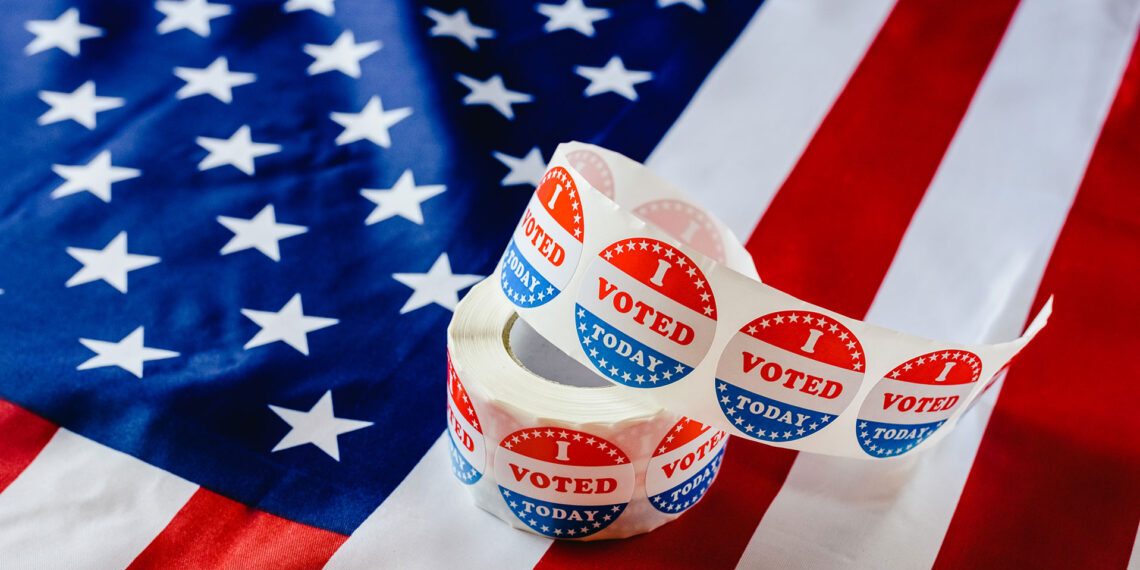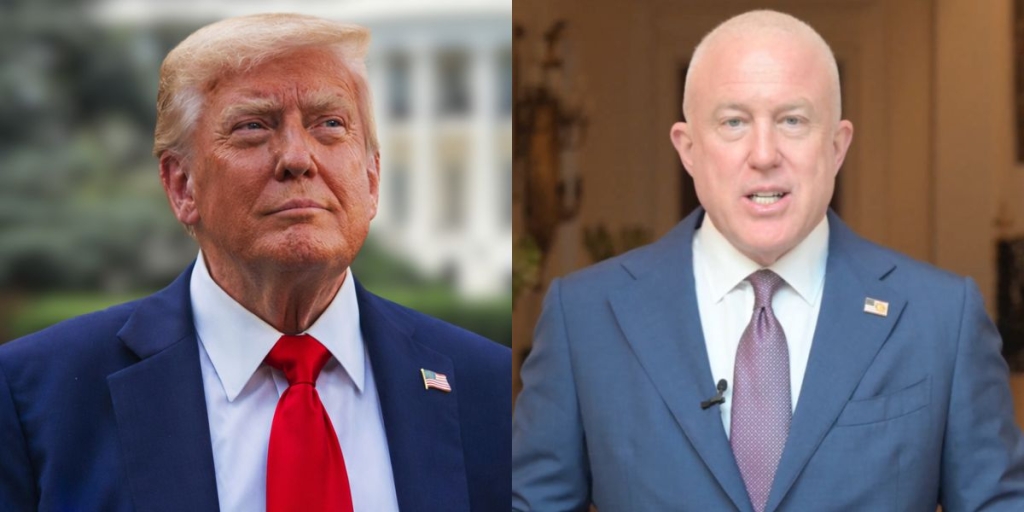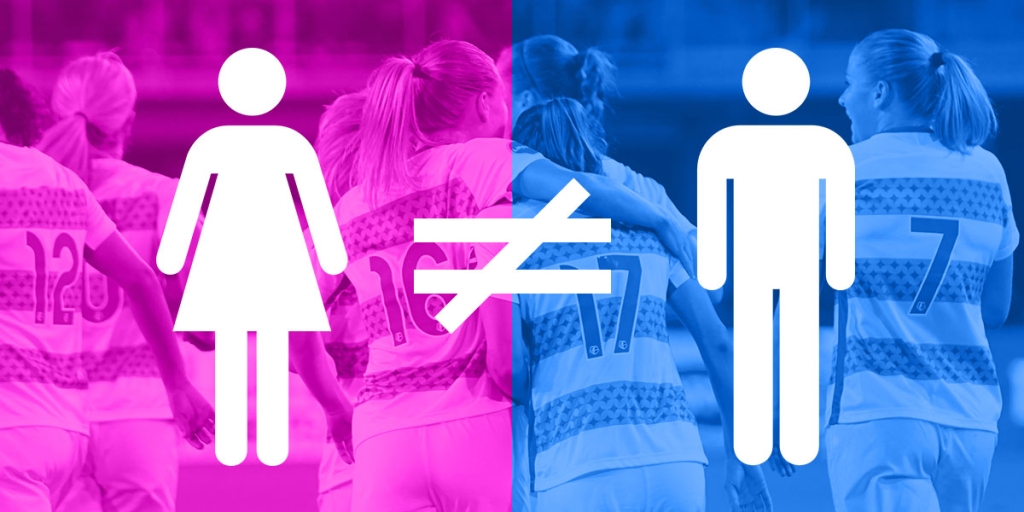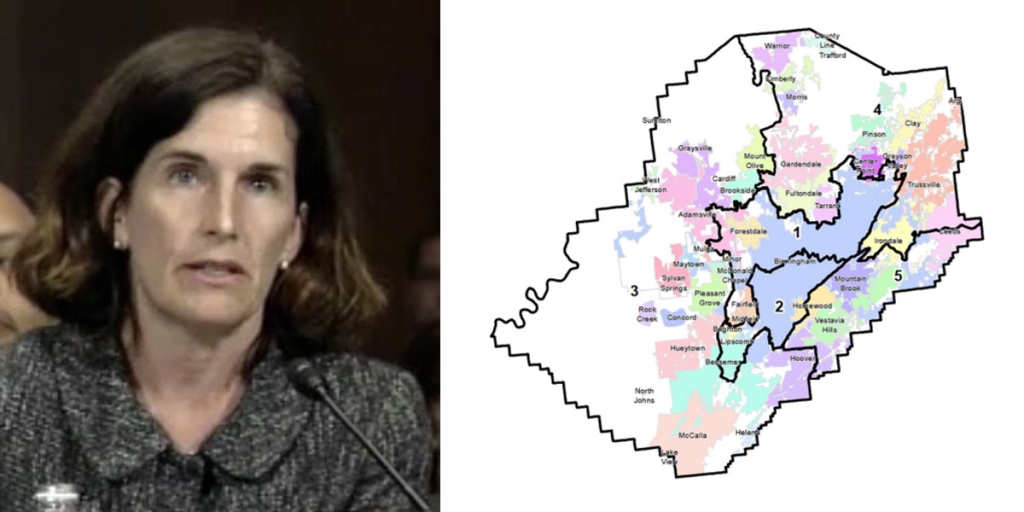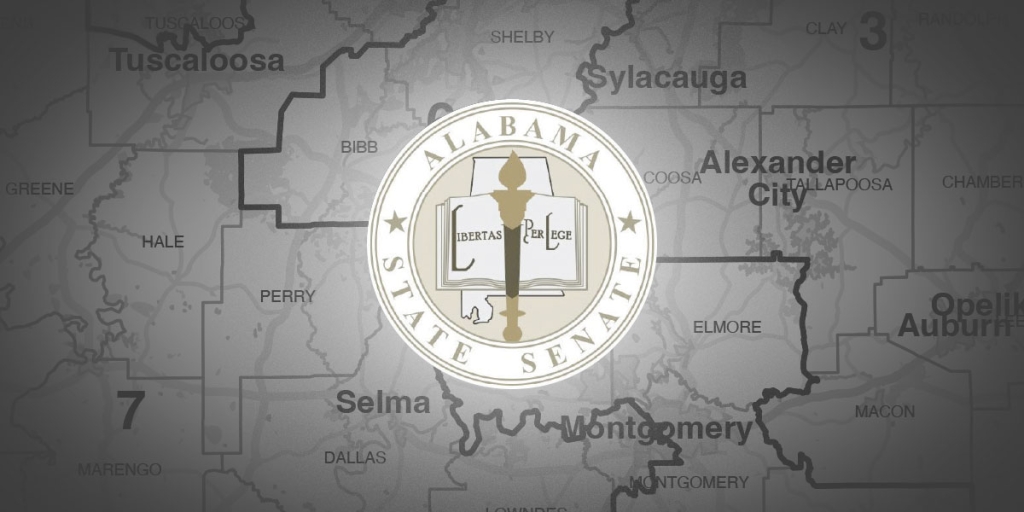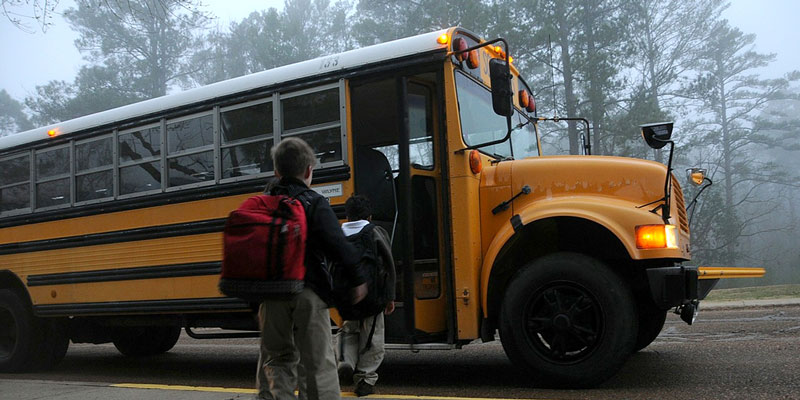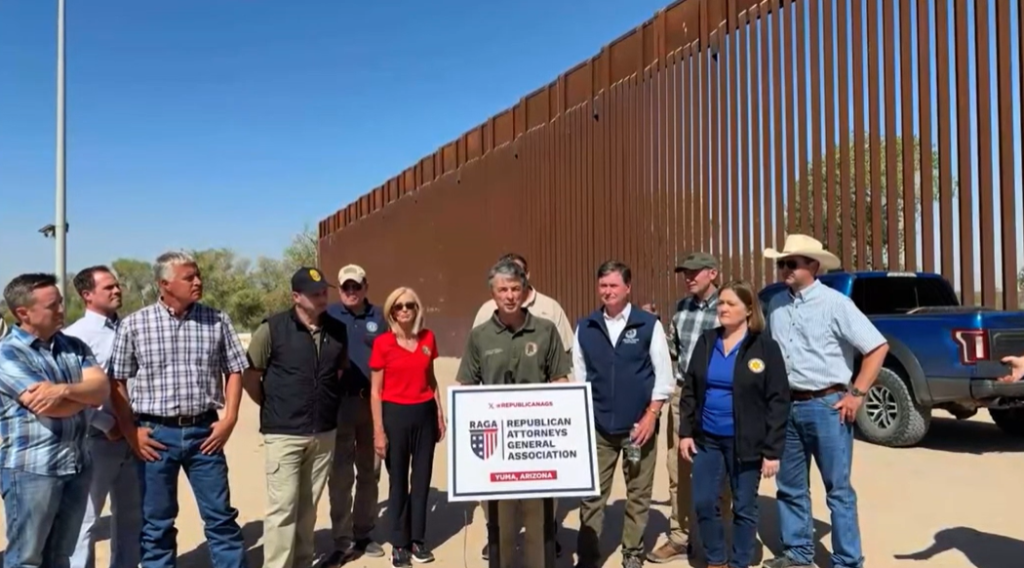In 2021 when the Alabama Legislature passed Constitutionally required redistricting and reapportionment plans, a host of civil rights attorneys were present to challenge the Legislature’s work. Three different legal groups filed lawsuits challenging the plan, arguing it violated the Voting Rights Act of 1965.
These cases were ultimately combined into one case and a three-judge panel found in favor of the plaintiffs. After the U.S. Supreme Court agreed with the lower court’s initial ruling and sent the case back to the lower court, a three-judge panel ultimately selected a new Congressional redistricting plan that puts two GOP incumbents in the same district.
RELATED: Federal officials to redraw Alabama’s congressional map
According to a new ruling by the 8th Circuit Court of Appeals, that process was legally invalid.
The federal appeals court issued a ruling on Monday declaring that only the U.S. government can sue under Section 2 of the Voting Rights Act of 1965. Civil rights groups and individual citizens do not have standing under the law to bring those cases.
Congresswoman Terri Sewell (D-Birmingham) said the ruling by the 8th U.S. Circuit Court of Appeals gutted Section 2 of the Voting Rights Act.
“This ruling by the 8th Circuit Court of Appeals is deeply disturbing and wrong as a matter of law,” Rep. Sewell said in a statement. “If allowed to stand, it would be the death knell of the Voting Rights Act, stripping individuals and civil rights groups of their ability to fight back against voter discrimination in court. The Supreme Court must reverse this disastrous ruling without delay.”
RELATED: U.S. Supreme Court rejects Alabama Legislature’s maps
“I’m calling on Congress to immediately pass the John R. Lewis Voting Rights Advancement Act,” said Sewell. “We cannot allow extremists to strip away the remaining protections of the VRA.”
The ruling states that only the U.S. Attorney General has the power to introduce legal challenges under Section 2 of the Voting Rights Act, not private attorneys working for individual citizen activists or civil rights groups – as was the case in the Alabama ruling in Milligan.
The ruling reaffirmed a 2022 lower court decision by U.S. District Judge Lee Rudofsky, a Trump appointee. Rudofsky’s ruling threw out a lawsuit brought by the Arkansas Public Policy Panel and the Arkansas NAACP.
RELATED: Federal judges issue final map to Alabama
The 8th Circuit, in a 2 to 1 decision, ruled that the text of the Voting Rights Act does not explicitly call for a “private right of action,” and that it remains unclear if Section 2 of the act creates an individual right to bring forth such legal challenges.
“But assuming their existence, and even discussing them, is different from actually deciding that a private right of action exists,” Judge David Stras wrote for the majority.
“For much of the last half-century, courts have assumed that (Section 2) is privately enforceable. A deeper look has revealed that this assumption rests on flimsy footing.”
This applies across the 8th Circuit – Arkansas, Missouri, Iowa, Minnesota, North Dakota, South Dakota, and Nebraska.
Alabama is in the 11th Circuit, placing active redistricting litigation outside the scope of the 8th Circuit’s ruling. However, this likely sets the stage for an appeal to the U.S. Supreme Court.
To connect with the author of this story or to comment, email [email protected]




